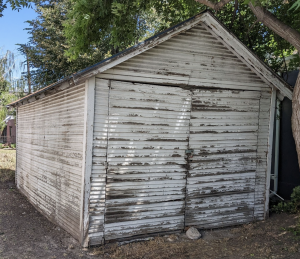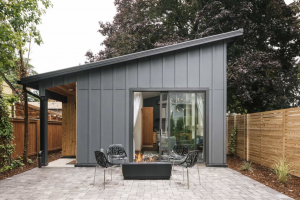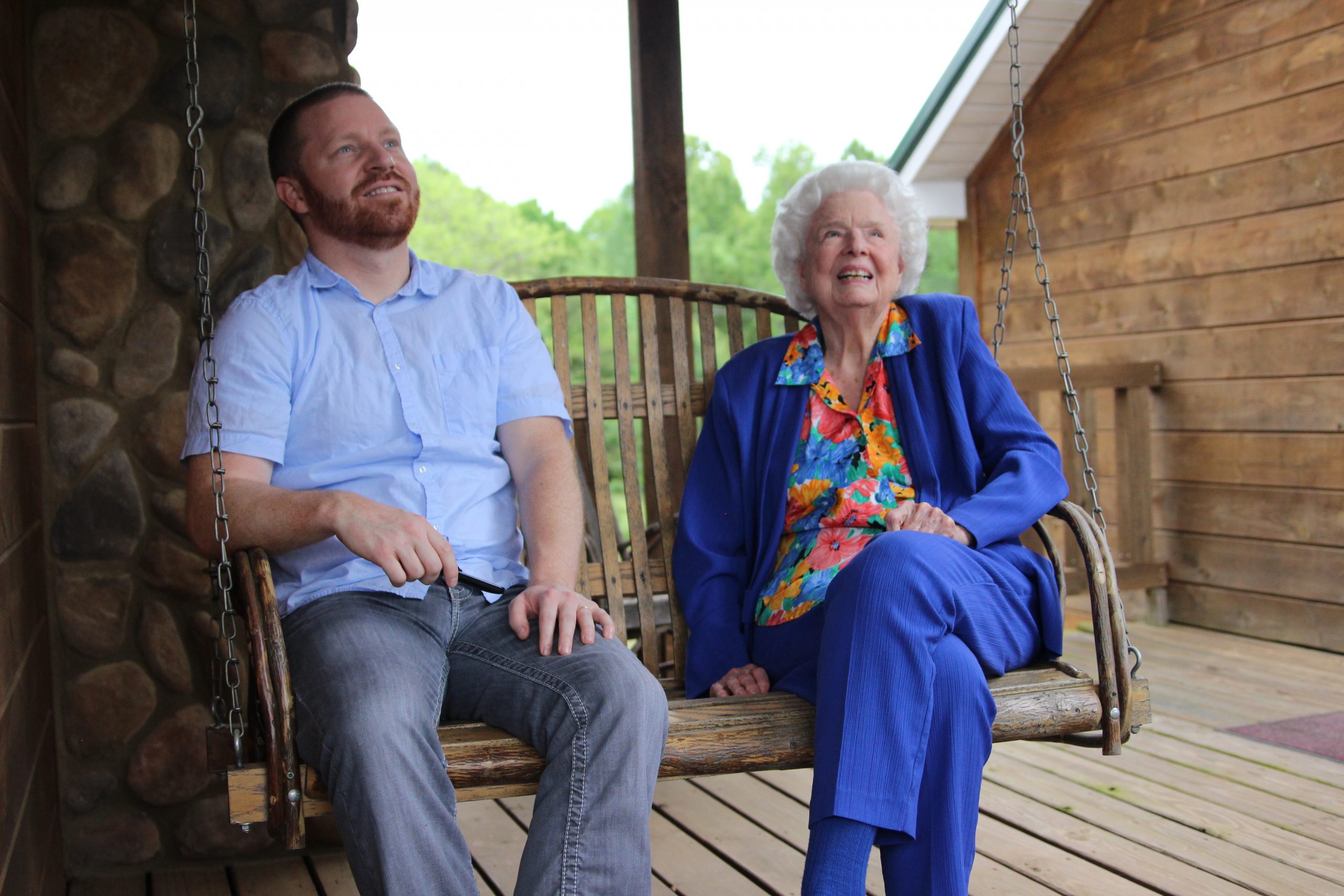When I learned that my grandmother in Tennessee needed to move from my father’s accessory dwelling unit and into a nursing home, I started planning alternatives. The solution was straight from my father’s playbook. I decided I would demolish the ugly old garage on my property in downtown Provo and build a small cottage home for her.

The idea made a lot of sense to me. My grandmother would save $6,000 a month on nursing home costs, my wife (a registered nurse) had the skills to take care of her, and I could provide a space for her to live out her days in. We knew it wouldn’t be cheap, and we knew taking care of someone in declining health would strain our young family, but we were willing to do it for a woman we loved dearly. After some deliberation, we decided we would obtain the necessary funds through a costly refinance.

A Wrench Thrown in the Plans?
The next steps were to put together a preliminary site plan and carefully check the zoning ordinances that applied to my property. I assumed I would have to provide an extra parking spot or put up privacy fencing. After poring through Provo’s zoning regulations I had an alarming realization.
It looks like it’s legal for me to build a home for my car three feet from the property line, but not a home for my grandmother.
There was sufficient ambiguity in the relevant sections of the city code that governed “setbacks” (the land use term used to describe distance requirements) that I decided I would do something I hadn’t since moving to Provo in 2004 — I would take my preliminary plans, go to city hall, and try to get a permit.
A Setback for the Whole Family
It turned out that although the zoning district I lived in permitted garages three feet from the property line, accessory dwelling units had to be ten feet from the line. After working with Provo city staff to find another eligible location for the dwelling unit on my property, it turned out the setback issue was decisive. You see, my granny’s cottage home needed the freedoms afforded to garages — I couldn’t shrink my cottage home layout by seven feet. A home that narrow wouldn’t meet building code.

After seeing my predicament, Provo city staff went back one more time to see if there was some option we hadn’t considered. In the end, the only option was to speak to the city council about changing the setback regulations for my entire zoning district.
It Would Require an Act of Congress
As the local government policy analyst at Libertas Institute, I knew exactly what it would take to change a city’s ordinance. Writing up the ordinance amendment would take about three minutes — but writing it wasn’t the problem. Accessory dwelling units have their detractors, and Provo had just spent multiple years debating and passing their current ordinance. The question of whether or not I had the right to demolish my garage and build a home for my grandmother in its place was now subject to a political process that would involve the entire city.
I did the math, and the whole process would take too long for my grandmother. Instead of shopping for contractors to excavate dirt and pour concrete, the prudent step was to find the best nursing home or assisted living center.
Still Hope?
Luckily, it didn’t take too long to find a suitable place for my grandmother. With her immediate needs figured out, I decided to sideline my garage-to-granny-cottage project indefinitely. That was until I saw a headline on April 5 this year that read, ”SLC eases rules on accessory dwellings,” and contained the sentence, “Backyard setback rules have been loosened.” With hope, I immediately went to the language of the ordinance to see exactly how much they adjusted the setbacks.
Salt Lake City had done it. They had passed the exact amendment I needed to make my project work. I admit I got rather emotional. Perhaps 2023 is the perfect time to share my story with the Provo city council and kickstart the process to get property rights on the agenda after all.





